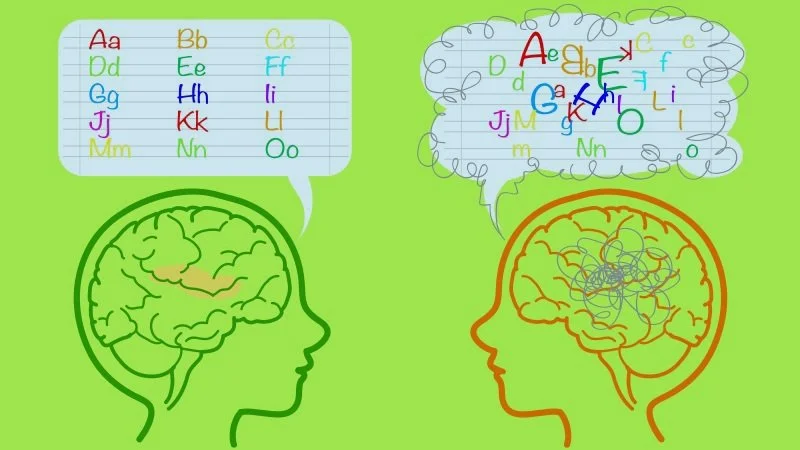What is Dyslexia?
Dyslexia is a common learning difference that affects reading, writing, and spelling. It does not reflect intelligence or creativity - many people with dyslexia are highly imaginative, quick thinkers, and strong problem-solvers.
Key Facts
1 in 5 people have dyslexia, from mild to severe
Dyslexia is neurological in origin, making it difficult to connect sounds with letters and read fluently
It often runs in families
With the right instruction, people with dyslexia can become successful readers and learners
Common Challenges
Learning letters and their sounds
Spelling and sight word recognition
Reading quickly enough to comprehend
Organizing written and spoken language
Memorizing math facts or completing math operations
Writing essays and understanding complex texts
Emotional Impact
Struggling in school can affect a child’s self-esteem and make parents feel anxious or frustrated. Early identification and support are key to reversing these patterns and unlocking potential.
Early Identification Matters
Dyslexia can be identified as early as age 5 ½
Formal testing is the only way to confirm dyslexia
If a child isn’t making progress despite extra help, an evaluation may be needed
Hope for the Future
Dyslexia cannot be “cured”, but with structured, multi-sensory instruction (like the Orton-Gillingham approach used at Haley’s Hope), children and adults can learn to read and write successfully. It’s never too late to gain skills and confidence.
Strengths of Dyslexia
I see my condition as a gift. Not a disability.
- Richard Branson
Common Strengths
Spatial Reasoning - strong memory for environments and patterns; often excel in engineering, design, architecture, and construction.
Imagination - creativity shines in art, acting, writing, and storytelling.
Out-of-the-Box Thinking - able to see problems from new angles and generate innovative ideas.
Resilience and Empathy - overcoming challenges often builds perseverance, compassion, and encouragement for others.
With the proper support, people with dyslexia can turn challenges into opportunities and use their strengths to thrive.



